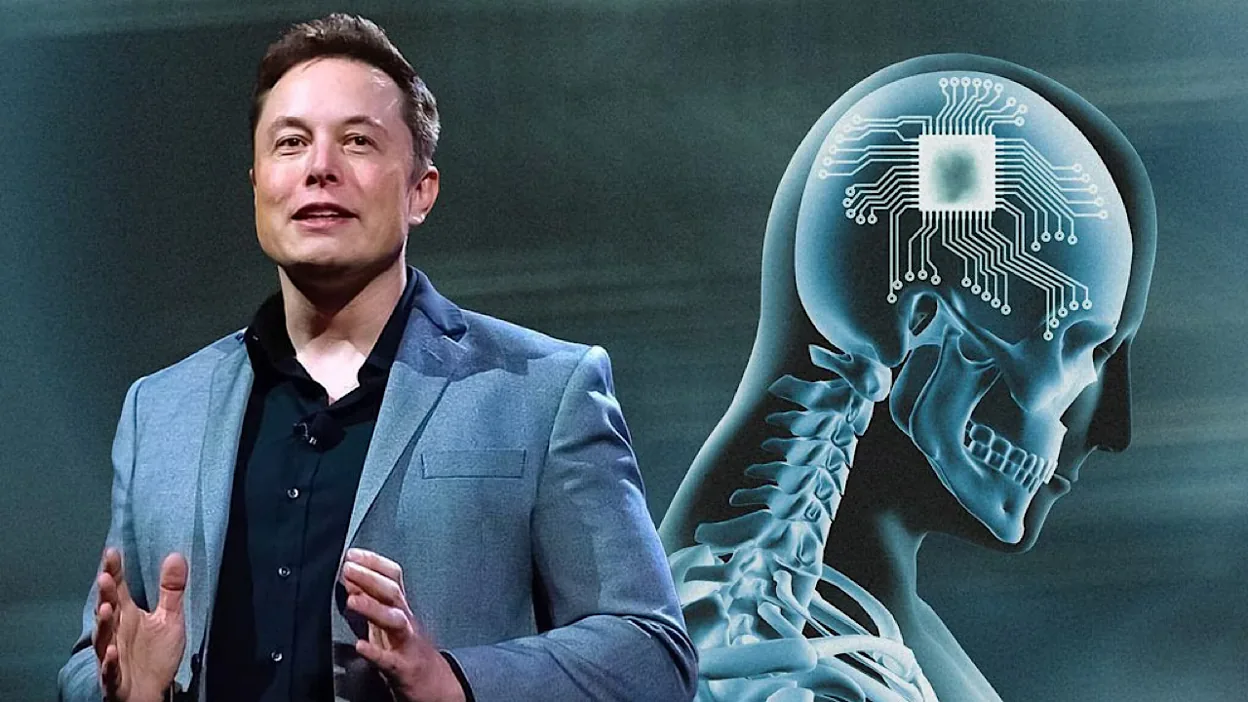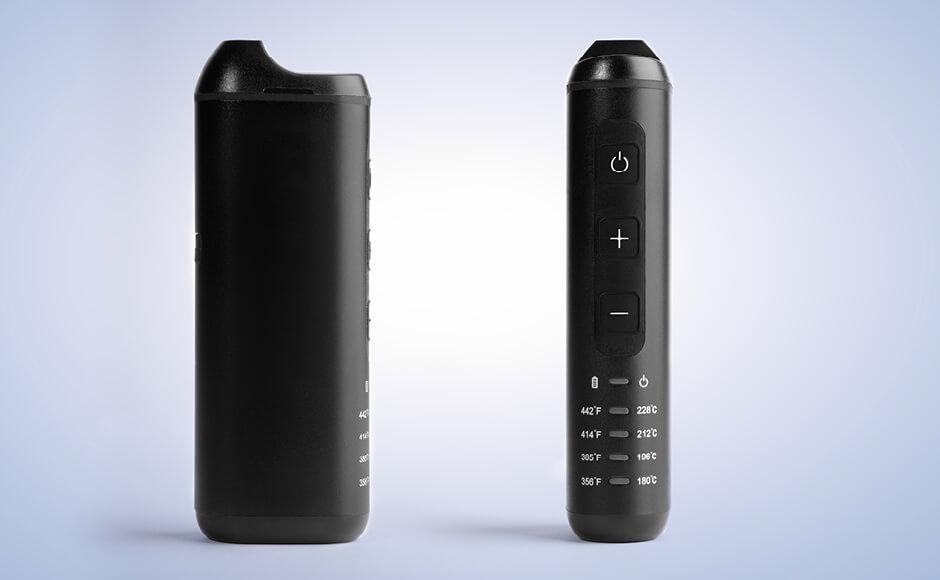Elon Musk’s Neuralink is working on a project to implant brain chips in humans. The goal of the project is to improve communication and cognitive function between people and machines. Musk has said that the first human patients could receive the chips as early as 2022. There are still many questions about the safety and effectiveness of this technology, but Neuralink is committed to exploring all of them.
Elon Musk’s Vision for Neuralink
Elon Musk’s vision for Neuralink is to develop a technology that can merge human brains with artificial intelligence (AI) through the use of brain chips. In 2022, Neuralink started implanting these chips in humans as part of its ongoing research and development efforts. The aim of this project is to create a symbiotic relationship between humans and machines, allowing us to integrate with AI seamlessly.
With this technology, Elon Musk envisions the ability for individuals to control computers and other devices with their thoughts alone. Additionally, he believes that it could be used to treat various neurological disorders such as Parkinson’s disease or even depression by stimulating specific areas of the brain.
However, there are also concerns about the potential risks associated with this technology. Critics warn that such implants may pose significant ethical challenges and privacy concerns if not adequately regulated. Nonetheless, Elon Musk remains optimistic about the future possibilities that Neuralink could bring by combining human intelligence with machine capabilities.
What Neuralink Plans to Do
Neuralink, the brain-machine interface company founded by Elon Musk, has been making headlines with its audacious goal to connect human brains directly to computers. In 2022, the company announced that it was ready to begin implanting brain chips in humans for medical research purposes. The technology promises to enhance human cognitive abilities and revolutionize healthcare by providing a new way of treating neurological disorders.
The implantable device is designed to record and stimulate neural activity in the brain through a network of thousands of tiny electrodes connected to a small chip. The system can be controlled wirelessly using a smartphone app, allowing patients or doctors to adjust settings as needed. With the ability to read and write neural signals, Neuralink’s technology could help restore motor function in patients with spinal cord injuries or treat conditions such as epilepsy and Parkinson’s disease.
Despite some concerns over privacy and ethical implications surrounding brain-computer interfaces, Neuralink’s progress has garnered significant interest from investors and researchers alike. As the technology continues to evolve, the potential applications are seemingly endless – from enhancing memory and learning capabilities in healthy individuals to enabling telepathic communication between brains. Only time will tell what Neuralink plans on doing next with this groundbreaking innovation.
Also Read: Wellhealthorganic.com:facial-fitness-anti-aging-facial-exercises-to-look-younger-every-day
How Neuralink Plans to Do It
Neuralink’s plan to implant brain chips in humans is a groundbreaking technological feat that has the potential to revolutionize the way we interact with computers and machines. The company’s ultimate goal is to create a high-bandwidth interface between human brains and digital devices, allowing people to control machines and communicate using only their thoughts. To achieve this, Neuralink has developed a set of advanced neural implants that can be surgically implanted into the human brain.
The first step in Neuralink’s implantation process involves creating tiny holes in the skull so that the neural implant can be inserted directly into the brain tissue. Once implanted, these devices can detect and record electrical signals from neurons in real time. This information can then be transmitted wirelessly to external computing devices, where it can be analyzed and processed using machine learning algorithms.
Neuralink’s technology has already undergone successful testing on animals, including monkeys who were able to use their thoughts to control computer cursors with remarkable accuracy. If Neuralink achieves its goal of developing an interface that allows for seamless communication between humans and machines, it could have far-reaching implications for everything from prosthetics to virtual reality applications.
Some Possible Concerns
One possible concern with the implantation of brain chips in humans is privacy. With a device implanted in someone’s brain, there is potential for personal thoughts and information to be accessed by outside parties. This raises questions about who would have access to this data and how it could be used or misused.
Another concern is the potential for hacking. As with any technology, there is always the risk of hackers gaining control over the system and using it for malicious purposes. In this case, an individual’s thoughts and actions could potentially be controlled or manipulated by a third party.
Finally, there are ethical concerns surrounding the use of brain chips in society. Some argue that such technology creates a divide between those who can afford it and those who cannot, leading to even greater inequality. Additionally, concerns have been raised about how such implants may affect human identity and autonomy, as well as what impact they may have on our understanding of consciousness itself.
Also Read: wellhealthorganic.com/vitamin-e-health-benefits-and-nutritional-sources
Conclusion
In conclusion, the advancement of technology and science has always been a double-edged sword. It has brought about countless benefits and opportunities for humanity, but it also poses a great risk when it comes to issues such as privacy, security, and ethics. The latest development in the field of brain implants is no exception. On one hand, Elon Musk’s Neuralink promises to revolutionize medicine and communication by allowing humans to interact with machines in unprecedented ways. On the other hand, there are concerns regarding how this technology could be abused or misused.
As we move forward with this new era of human-machine integration, it is crucial that we approach it with caution and responsibility. We must ensure that these brain chips are developed ethically and transparently with proper regulation from governing bodies around the world. As exciting as this technology may seem on the surface, we cannot afford to ignore its potential risks and consequences.
In summary, while brain implants may have the potential to transform our lives for the better, they must be approached with care and consideration for their long-term effects on society as a whole. Only through responsible innovation can we maximize their benefits while minimizing any negative impact they may bring about.
Read Also: Wellhealthorganic.com:diet-for-excellent-skin-care-oil-is-an-essential-ingredient








